
The mommy wine culture is rampant in our society and memes are all over social media normalizing alcohol consumption as a means for mothers to “cope” with the overwhelming expectations on women to parent, work, maintain a home, and a social life. Abby Johnson puts it well in her article on USA Today,
“(Mommy wine culture) demeans mothers, encouraging them to hit the bottle when they can’t handle their kids, yet it devalues children as well, telling them they are just so burdensome that mom needs to drink to get through motherhood.”
Abby Johnson, USA Today
And it’s more than just normalizing an addictive behaviour and distracting from the massive gap in emotional labour between men and women (more on that in another article). Alcohol consumption is risky for women – riskier than for men.
So why are we not talking about that? Why are we not talking about the impact alcohol has on women and women’s bodies? Let’s start today.
Women’s bodies, Women’s metabolism
Women are not men. Let’s just get clear on that important point. And we differ in more ways than you might think.
We all realize that, on average, women are smaller than men, and their lower body weight causes them to become drunk faster than men. But there’s more to it than that. Women have lower levels of dehydrogenase enzymes – the enzyme that breaks down alcohol in our livers. Women’s bodies also have a higher fat/water ratio. With these factors combined, alcohol levels tend to rise much faster in women than in men.
All of this makes women more vulnerable to the harmful effects of alcohol, and women are more likely to develop alcohol-related disease earlier in life than men.
Then there is the promotion of alcohol consumption in society, and amongst women, especially mothers. Women report have more difficulty gaining access to treatment and recovery support from alcohol dependence. Women feel more stigmatized when they openly share their concerns surrounding alcohol.
Alcohol and Estrogen
One of the biggest concerns I have for women’s health is the impact that alcohol has on estrogen. Estrogen is our quintessentially female hormone – with over 400 different actions in our bodies, it’s hard to image our lives without the influence of estrogen.
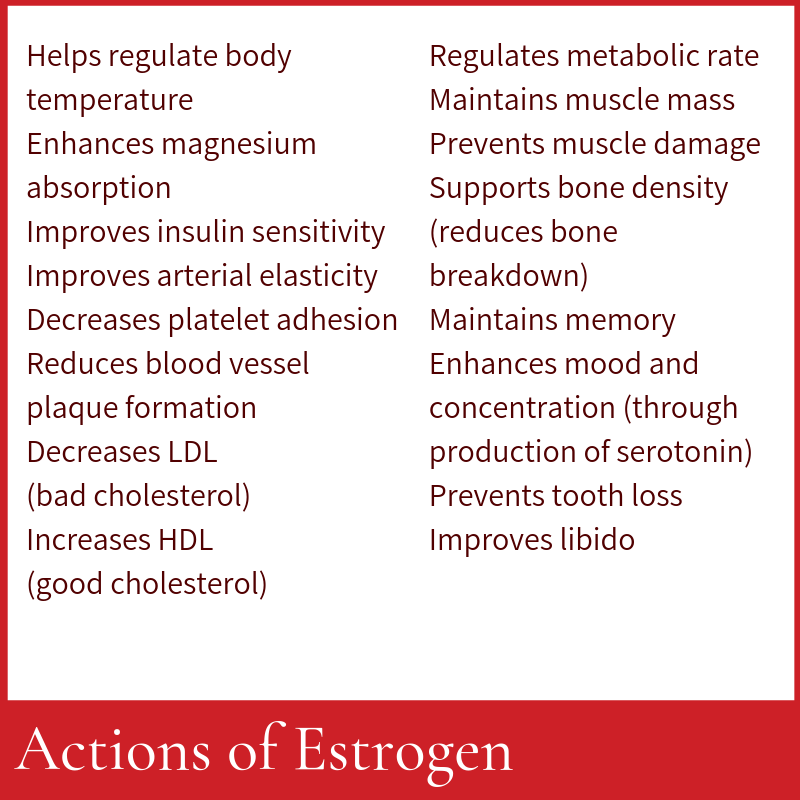
But estrogen is a double-edged sword. While estrogen has benefits, when it is imbalanced it can wreak havoc on our bodies. Alcohol consumption raises estrogen levels, especially estradiol, the strongest of our estrogens. High levels of estradiol contribute to an increased risk of breast and uterine cancer, and we need to focus on maintaining levels in a careful, healthy range. Women consuming only 5 drinks per week saw a 26% increase in estradiol levels in one large study.
Alcohol and breast cancer risk
Alcohol is a major risk factor for the development of cancer. It has been established as a contributing cause for cancers of the mouth, pharynx, larynx, esophagus, liver, colon, rectum, and breast (and researchers suspect likely pancreas and lung as well.)
The increased risk comes from not just the increased estrogen (although that is absolutely a factor!), but also the toxic effects of acetaldehyde, the main metabolite of alcohol, and the production of reactive oxygen species and nitrogen species (free radicals) and changes in folate metabolism which is needed to protect our DNA from cancerous changes.
Alcohol is a risk factor we need to take seriously when it comes to our breast health. Alcohol can promote the development of breast cancer, and it can increase the rate of progression and aggressiveness of existing breast tumours.
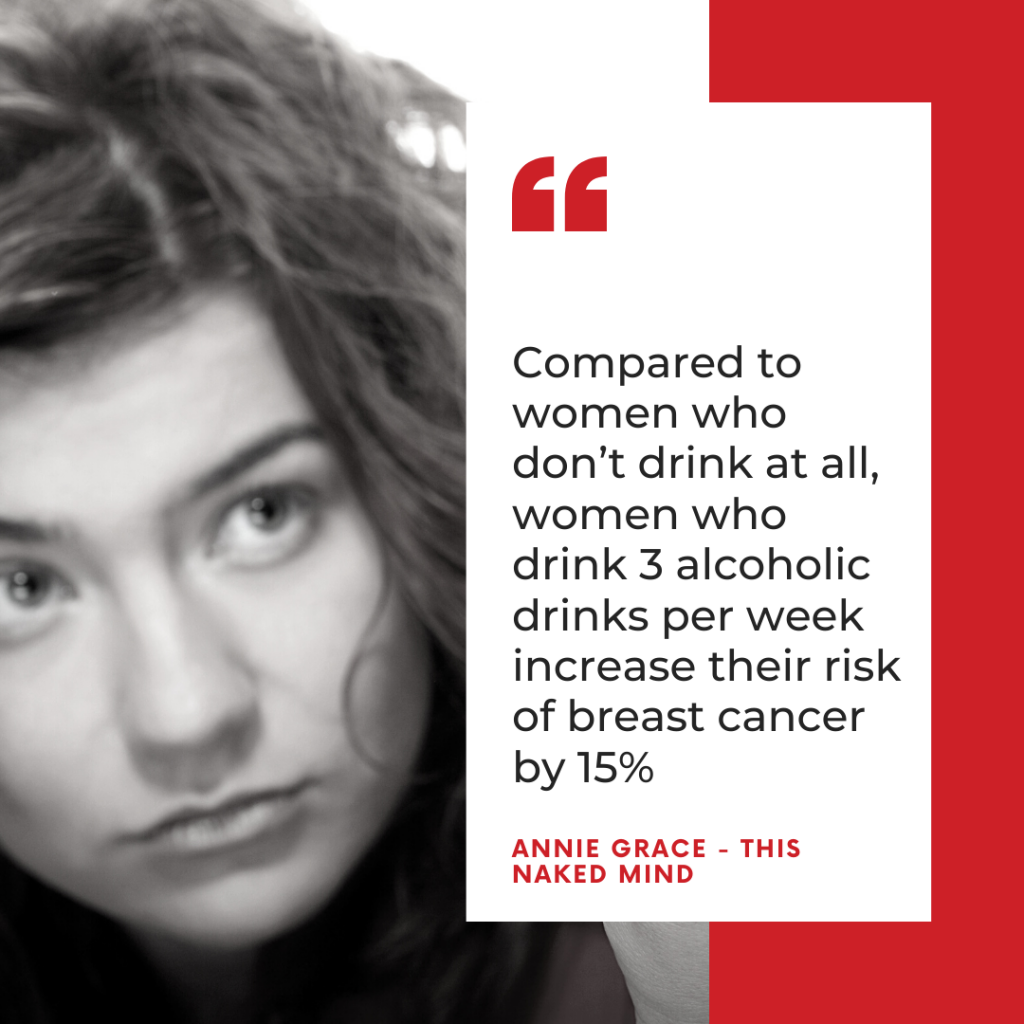
Alcohol and Fertility
A final note on the hormonal impacts of alcohol and women’s health. We know alcohol is not safe during pregnancy, but it also has some not-so-great impacts on fertility as well. Women who are trying to conceive need to know that alcohol has been found to impact hormonal communication between the brain and the ovaries, and can suppress ovulation. Research has also found lower rates of live births in women who drink more than four alcoholic beverages per week. And women who drink alcohol while undergoing IVF may have fewer eggs retrieved, a lower chance of pregnancy, and an increased risk of miscarriage. Something to note is that most of these negative impact have been found in women over 30 – the age when many women are trying to start a family.
Need Help?
This article was meant to start a dialogue. To bring to light a topic that I think is important for women to talk about. To share some of the (many) concerns I have about the popularity of the mommy wine culture and memes.
There are many resources that can help you understand, and change, your relationship with alcohol. One resource that I find helpful, and have shared with countless patients, is This Naked Mind – Control Alcohol, by Annie Grace. Available here: https://amzn.to/3cz3SRQ
Of course, I am always here for you as well. Don’t hesitate to get in touch if you want to talk more about women’s health, hormones, or anything close to your heart. Let’s talk.
Selected Resources
Boffetta P, Hashibe M. Alcohol and cancer. Lancet Oncol. 2006;7(2):149-56.
Eggert J, Theobald H, Engfeldt P. Effects of alcohol consumption on female fertility during an 18- year period. Fertility and Sterility. 2004;81(2):379-383.
Erol A, Karpyak VM. Sex and gender-related differences in alcohol use and its consequences: Contemporary knowledge and future research considerations. Drug Alcohol Depend. 2015;156:1-13
Johnson A. It’s not all punny t-shirts and fancy brunches: Mommy wine culture has crossed a line. USA Today. 2019. Available online at: https://www.usatoday.com/story/opinion/2019/11/26/punny-shirts-fancy-brunches-mommy-wine-culture-crossed-line-column/2579218001/
Milic J, Glisic M, Voortman T, et al. Menopause, ageing, and alcohol use disorders in women. Maturitas. 2018;111 :100-109.
Rossi BV, Berry KF, Hornstein MD, Cramer DW, Ehrlich S, Missmer SA. Effect of alcohol consumption on in vitro fertilization. Obstet Gynecol. 2011;117:136–42.
Tolstrup JS, Kjaer S, Holst C, Sharif H, Munk C, Osler M, et al. Alcohol use as predictor for infertility in a representative population of Danish women. Acta Obs Gynecol Scand. 2003;82:744–9.
Wang Y, Xu M, Ke Z-J, Luo J. Cellular and molecular mechanisms underlying alcohol-induced aggressiveness of breast cancer. Pharmacol Res. 2017;115:299-308.
Hartman Tj, Sisti JS, Hankinson SE, et al. Alcohol consumption and urinary estrogens and estrogen metabolites in premenopausal women. Horm Cancer. 2016;7(1):65-74.
Disclaimer
The advice provided in this article is for informational purposes only. It is meant to augment and not replace consultation with a licensed health care provider. Consultation with a Naturopathic Doctor or other primary care provider is recommended for anyone suffering from a health problem.


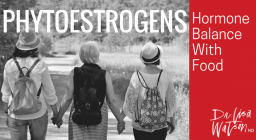




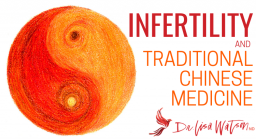

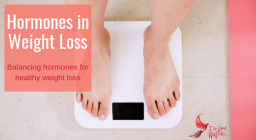
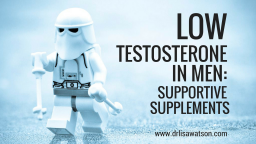
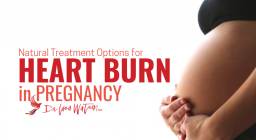


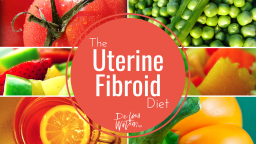


[…] I’ve talked before about the issues I have with the Mommy Wine culture. I think as women we deserve information so we can make our own informed choices. Drinking […]